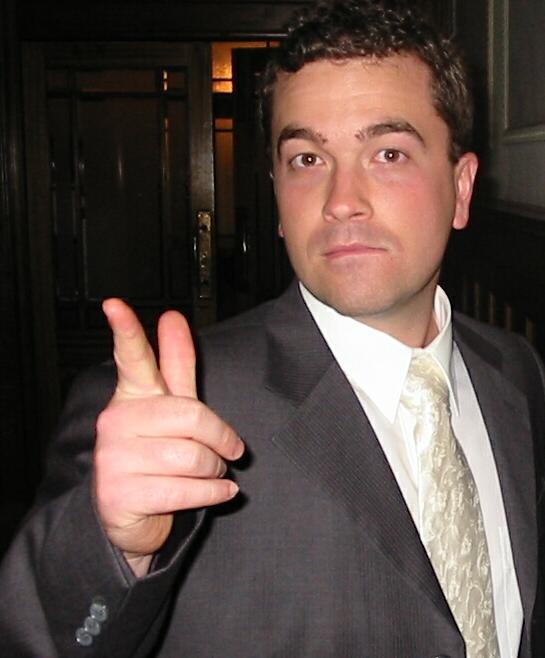Imagine for a moment that you’re a member of the first fleet, newly arrived on the shores of Sydney cove. You can pick whichever character you like for this exercise: maybe you’re Mary who was transported for seven years for stealing a handkerchief and a raisin bun; or perhaps you’re George, an officer in the royal army, hoping that your time in New South Wales might mean promotion to a more comfortable role back home. Imagine life in your new quarters. After many months on an uncomfortable ship, you move into your luxurious wooden hut, with dirt floor and holes in the walls which let the wind whistle in during the winter months. And then on Sundays you go to church. There is only one choice of church in the early colony; Richard Johnson is the chaplain, and he’s an Anglican. But he’s an Anglican without a building. Gov Phillip is a little slow in providing for the physical needs of a congregation so you meet under a tree until the first church building is built some months after landing.
Now jump forward 219 years to 2007. You’re a newly arrived immigrant to the city of Sydney, a bustling and growing metropolis of over 4 million people. You’re fortunate enough to find accommodation quickly, and then look to start the job of finding a new church. The choice is dazzling. Anglican, Catholic, Uniting Church, Baptist, Presbyterian, Free Presbyterian, Evangelical Free, Churches of Christ, Assemblies of God, Russian, Geek and Coptic orthodox, Hillsong, Gospel Halls, the Chinese Christian Churches, Potter’s House ministries, Grace community churches … and so the list goes on. I heard a statistic earlier this year which said that in the Blacktown City Council area there are well over 200 independent churches. This is not including churches aligned with the main denominations, so you could probably add another 30-50 to that number. That’s up to 250 individual churches to choose from in the one council area.
If you were a new immigrant living in Blacktown (or any other part of Sydney for that matter), how would you even begin to tell the difference? How would you go about choosing a church from all those different options? This is an important question to ask because there might come a point when its time to leave Emmanuel Church Glenhaven. What kind of church will you go to? Denominational loyalty is going the same way as brand loyalty - we’re becoming less inclined to stick with the same 'Anglican' badge - so what will go into your decision? Alternatively you might have friends who are looking to get involved with a church somewhere. What kind of advice would you give them? Or maybe you’re not about to go anywhere, maybe you’re not even thinking about what it means to find a church or to change churches. Even if this is the case then it's still an important question to ask because it’s really a question about the nature of church. What is it that makes this type of human gathering unique among all the others? How are we meant to be different to the Lions club which meets in the Community Hall, or the book club which meets in your best friend’s lounge room? What label should we aspire to?
The answer to this question is that we’re a Spiritual gathering…
1o points for the location of this convict-built building. Another 10 for the name of the umbrella carrying convict.


4 comments:
That's easy. The building is at Port Arthur, and the person in the photo is your old man, the Rev Peter Kemp. I believe that he's down in Tasmania doing locum work at the moment. How's he & your Mum going?
Yep. Dad and I spent a very cold and wet Tasmanian day exploring the Port Arthur site. It's kinda spooky. Convicts were treated terribly...and the Bible was used to keep 'em all in line. How embarrassing.
Mum and dad are doing fine. They're back now.
Port Arthur.
...Way too slow.
Post a Comment